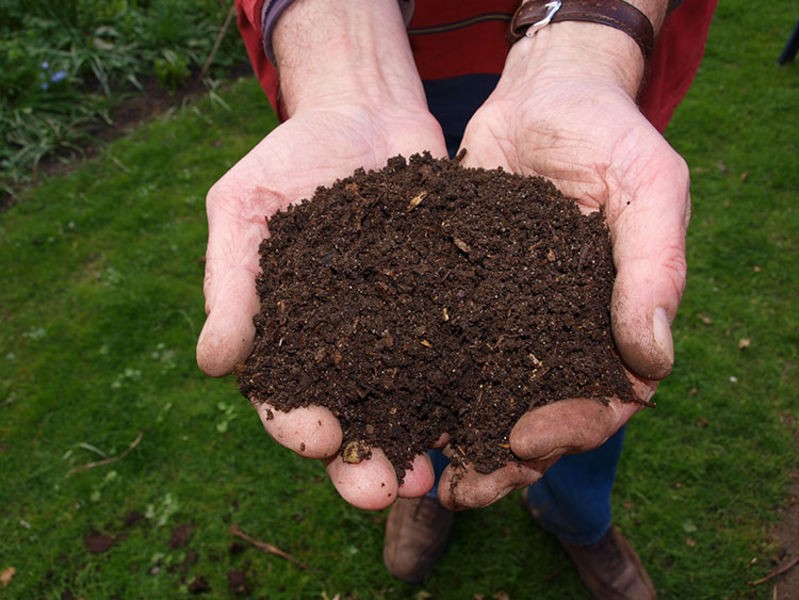If you want to plant your balcony or garden, you need potting soil. This usually consists of peat – but this is harmful to the environment.

To create flower beds or fill pots and balcony boxes, you need good soil. Because from it, flowers and vegetables get water and nutrients. Potting soil from the hardware store or supermarket usually contains peat. These products have a big catch: they harm the environment and the climate.
Contents
Peat comes from valuable moorlands
This is because peat is mined in bogs. Peat soil is formed there when dead plant parts are deposited over long periods of time and are not completely replaced.
Peatlands are very special habitats because the soil there contains a lot of water. They are formed over the course of hundreds or thousands of years. Bogs are usually habitats for rare animal and plant species that are adapted to this special habitat. These include rare dragonfly species and butterflies. Some bogs in Europe even have a carnivorous plant, the sundew. The plant catches insects.
Peatlands protect the climate
Peatlands are also important for climate protection. This is because a great deal of carbon is stored in the peat soil and the plants growing in the bog – six times as much as in the forest! When the peat soil is degraded, the bog loses water. In the process, carbon escapes in the form of carbon dioxide (CO2) – the well-known greenhouse gas that contributes to climate change. Some of the peat is even burned, which also releases CO2.
How can I get potting soil without peat?
Normally, you can get potting soil in stores that contains a lot of peat. The proportion can be up to 90 percent. What the potting soil is made of is indicated on the package. Environmentally friendly is soil made from wood fibers, bark or compost. You can also make your own compost in the garden and use the resulting soil.

